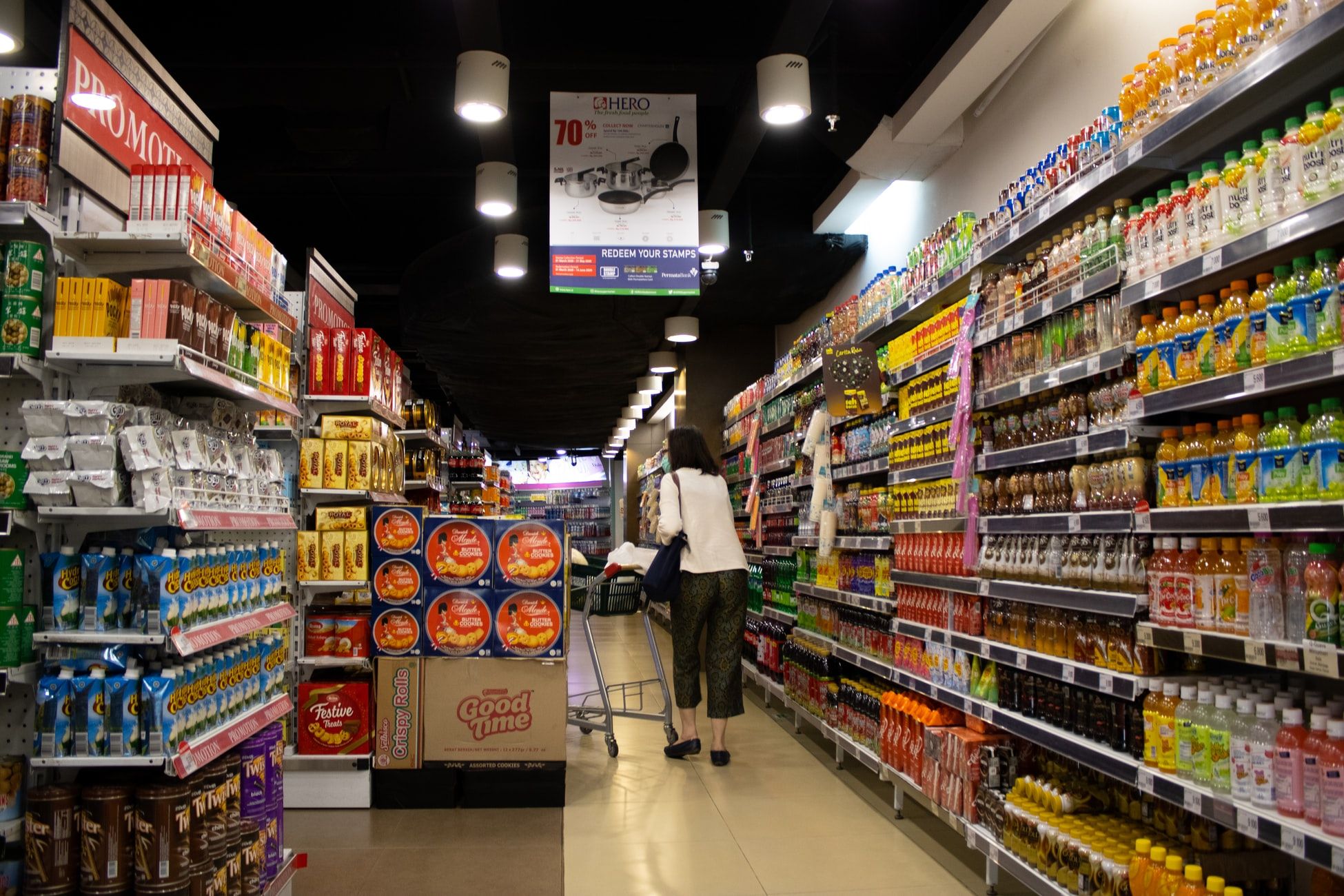Silicon Valley is at it again and not in a good way. By this
point, we've come to associate the gig economy with worker exploitation and
abysmal labor practices. The speed with which that correlation has become old
hat is disheartening. It doesn't seem that long ago now, when tech
entrepreneurs were spinning yarn about how the new guard on the internet would
usher in a fresh utopia, a golden age fueled by crypto-bonanzas and made of
binge-worthy cat videos.
Maybe that's all they were ever doing: spinning yarn. One
thing is for sure: To the extent that the dream was ever possible, at this date,
it appears over the hills and far away.
In real terms of the dream-turned-nightmare, the gig economy
is the internet's dark pièce de résistance, a glaring amalgam of noble
premises culminating in the worst of all possible conclusions.
When Silicon Valley giant Uber did its first "disruption," connecting a customer to a freelancer at the expense of a professional driver, they promised to liberate the worker. The gig economy promised flexible hours and no one to tell you what to do. In short, you got to be your own boss! Who wouldn't want that? What workers got instead were wages below the living standard, no benefits, and the isolation of the open road precluding the possibility of collective bargaining formore humane conditions.

Enter Instacart, one of the latest in the cottage industry
of Uber copycats to identify a previously unexploited niche. Instacart connects
its gig workers with grocery store shoppers who prefer to do their buying in
absentia. Instacart users post their shopping lists on the app, and an
Instacart shopper gets the groceries using company credit and delivers them
straight to your doorstep. Easy as pie (or, at least, a pie that you get someone
else to buy for you using smartphone software).
As with other gig services, if it was popular before the
pandemic hit, business went through the roof after it happened. Instacart's
model relied on people of means being too lazy or too busy to go to the grocery
store themselves. Now, the whole world was positively terrified to leave their
homes. The people who were able to (or required to) shelter-in-place
indefinitely weren't going anywhere.
In a stroke, the Instacart service became simultaneously more relevant and more exploitative than ever. It became a medium through which affluent people subsidized workers to risk their lives in order to deliver them, the well-heeled, their daily bread. As problematic as that set of exchanges already seems, strap in because it only gets worse.

The tech news site The
Verge did some investigative journalism and found out that the problem of
quote-unquote "tip-baiting" was endemic. Tip-baiting is exactly what it sounds
like. Customers lure the Instacart shopper into performing efficiently by
promising a fat tip. Then, after the service has already been completed, they
switch the decent tip with a miserly one or stiff the shopper altogether.
The Instacart app facilitated this kind of misbehavior
because it allowed customers to remove the tip or alter it as many as three
days after the fact. After the announcement of a congressional inquiry into
this practice following on the heels of the reporting, Instacart, caught with
its hand in the proverbial cookie jar, announced it was changing its policy.
Instead of three days, customers would be given 24 hours to
retroactively leave a new tip. Additionally, customers must now provide written
feedback to justify a change of tip. The app said it would police the tips and
remove repeat offenders.

An independent caucus of U.S. senators, led by Sen. Brian
Schatz (D-HI), wrote a letter to the Federal Trade Commission (FTC), asking
them to investigate Instacart. Instacart has proven itself amenable to public
pressure and outrage, if nothing else, in the past. Maybe this time will be no
different.
The problem with the new guard in Silicon Valley is that
they're still the new kids on the block, more or less. At least, they are in
relation to the sloth-like speed of public policymaking. Regulators can't keep
pace with the breakneck movement of Big Tech disruption. Having seen what these
Silicon Valley companies will do to their employees when left to their own
devices, it seems that the government can't catch up fast enough.

